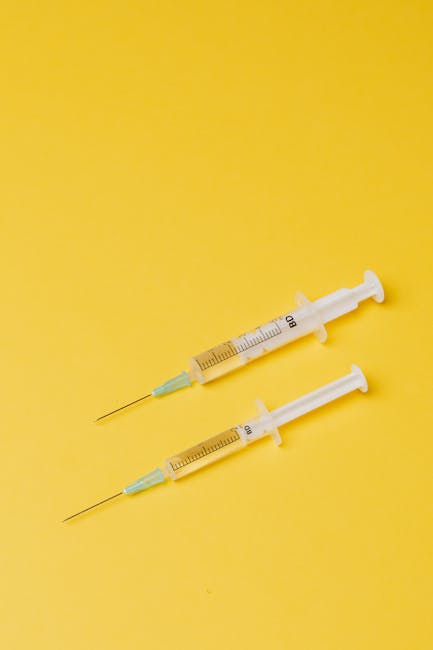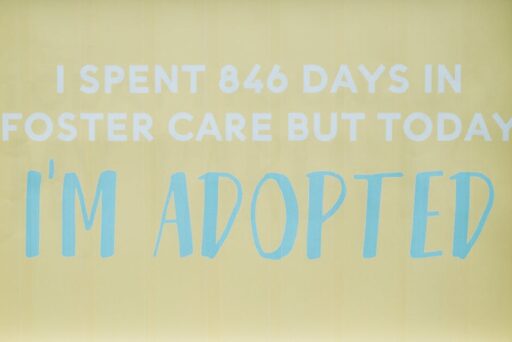Navigating ADHD Medication During Pregnancy: A Comprehensive Guide
By Beth Kiernan, MPH, Teratogen Information Specialist, MotherToBaby
Kristin called MotherToBaby one afternoon saying, “I just took a home pregnancy test and it’s positive.” Kristin sounded beyond worried. “I’ve been taking a medication for ADHD since I was eight years old, and when I searched the internet it said it was harmful and that I should stop taking it before getting pregnant.” Kristin hadn’t planned on getting pregnant. Now, not only was she terrified she had hurt her unborn child, but she also found it impossible to think about stopping the medication for a very good reason: “I am a nurse in the Cardiac Intensive Care Unit at a hospital – staying focused is critical to the lives of my patients.”
Kristin isn’t alone in her concerns. This is one of the most frequent topics asked about by people who contact MotherToBaby, which isn’t really surprising. About 1.4 million people in the U.S. have been diagnosed with Attention Deficit Disorder (ADD) or Attention Deficit Hyperactivity Disorder (ADHD). Since nearly half of pregnancies in the U.S. are unplanned, her situation isn’t uncommon.
ADD and ADHD are chronic conditions often diagnosed in childhood. They cannot be cured, but can be treated with behavioral counseling/coaching, medication, or both. Common challenges include difficulty staying organized, problems with sleep, being distracted, impulsivity, trouble finishing tasks, and sometimes addictive tendencies.
About 60%-80% of kids diagnosed with ADD/ADHD will need to take their medications into adulthood. But what about when a woman with ADD/ADHD gets pregnant? This was Kristin’s concern, and Dr. Google (searching the internet for medication advice in pregnancy) isn’t the recommended solution! Thankfully for Kristin, this is our specialty here at MotherToBaby. We provide key research and information to help women discuss medication choices with their healthcare providers.
Kristin’s Medication: Ritalin
Kristin was taking Ritalin, a stimulant medication also called methylphenidate. Her concern reflects the fact that Ritalin is grouped with other stimulants like amphetamines. However, taking a prescribed daily dose of methylphenidate during pregnancy hasn’t shown increased risks for birth defects or pregnancy complications like preterm delivery. Moreover, babies exposed to prescription levels of methylphenidate in utero have shown normal development up to one year of age.
I informed Kristin that methylphenidate can promote success at work, in school, and in social interactions. Going off this medication can create problems, so it’s reassuring that the data on its effects in pregnancy is positive.
Other Considerations During Pregnancy
We also discussed pregnancy-specific issues: sometimes people who take methylphenidate feel less hungry, which combined with pregnancy may lead to weight loss. Changes in the body might require dose adjustments. Stimulants can affect heart rate and blood pressure, so I advised Kristin to contact her healthcare provider if she experienced these issues. If she remained nervous, exploring other management options with her doctors could be beneficial.
Concerns About Withdrawal
Kristin was concerned about her baby being born addicted to Ritalin. I explained that babies exposed to stimulants until birth might show withdrawal symptoms, but this usually resolves within 1-2 weeks with no lasting effects. Severe symptoms are unlikely with regular use of methylphenidate as prescribed.
Breastfeeding Considerations
Kristin hoped to breastfeed and asked about continuing Ritalin. Studies show small amounts of methylphenidate in breastmilk, but at levels not expected to cause issues. Normal sleeping and feeding have been reported in exposed infants. I recommended she discuss this with her pediatrician.
In the end, Kristin felt relieved to have a clearer understanding of her situation, enabling her to weigh the risks and benefits effectively. Now she can focus on preparing for motherhood!
About the Author: Beth Kiernan, MPH, is a Teratogen Information Specialist with MotherToBaby Pregnancy Studies, a non-profit that conducts observational research about exposures in pregnancy and provides information to healthcare providers and the public. Based at the University of California, San Diego, she is a mother of four children.
About MotherToBaby: MotherToBaby is a service of the Organization of Teratology Information Specialists (OTIS), recommended by agencies including the CDC. For questions about exposures during pregnancy and breastfeeding, call MotherToBaby toll-free at 866-626-6847 or text (855) 999-3525. Visit MotherToBaby.org to access fact sheets and resources. The MotherToBaby app is available for Android and iOS.




